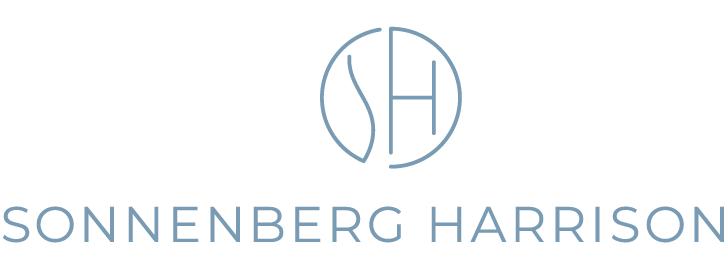A recent German Patent Court decision No. 19 W (pat) 7/22 from 1 June 2022 reflected the practice of the European Patent Office in assessing the inventive step of an invention employing machine learning or artificial intelligence. The German Court decided that the mere inclusion of a reference to a neural network in a patent claim did not justify grant of the patent, as the use of a neural network was seen to be part of the skilled person’s knowledge.
Patent application DE 10 2018 205 050 was filed by the German company, Zahnradfabrik Friedrichshafen on 4 April 2018 and was entitled “Detecting a transportation request of a person for a transportation by means of a passenger transportation vehicle”. The Examiner cited four relevant prior art documents, including a German patent application DE 10 2016 217 770 and concluded that the application was novel, but failed to have an inventive step. The applicant appealed the case, but the German Patent Court refused the appeal.
The Court cited several prior art documents to support its argument that the application was not inventive and argued that the skilled person would be able to use the knowledge in these further documents to arrive at the invention as set out in the claims. The Applicant tried to argue that there were a number of different machine learning algorithms; therefore, the invention lay in selecting the artificial neural network. The Court emphasized that the use of such networks has been known for years and referred to another document to support its case. The application was therefore rejected.
A review of the case showed that the Applicant’s options were limited by the lack of disclosure in the application of the methods of training or the training data used. The Applicant tried to argue that its method of training was different from that known in the art, but the Court concluded that this was insufficient to establish the inventiveness of the matter. Had the Applicant disclosed more about the training method, then it is possible that it would have been able to obtain a patent with limitations relating to the training method. This was not the case and so the application was refused. An appeal to the Federal Court of Justice was not allowed, but the applicant could still try and appeal if it wished.





